If you follow real estate at all, you probably saw the announcement that Zillow is closing its iBuyer program. This is big news, but what does it really mean for Zillow and the real estate industry?
First, let’s clarify what is an iBuyer program. It’s where deep-pocketed online companies give sellers an instant cash offer on their house (the “i” in iBuyer is for “instant”). Usually the sales price is computer-generated (like a Zestimate), and the homes are bought unseen. The buyers are not typically looking to do major renovations and want to resell quickly.
Online buyers have existed for quite a while now, and many have been very successful. Zillow’s iBuyer program was not national but in a few carefully selected markets with plans to eventually roll out more extensively. Zillow was aggressive in its purchases, relying on the automated price generated. Some buyers were thrilled with their offers, receiving more than they may have expected. In fact, it appears Zillow overpaid for many of the homes and now has a huge inventory that it must sell off, potentially at a loss.
This doesn’t speak well for the Zestimate data or technology-based pricing methods. Why not? In large part, because technology can’t determine a property’s condition, a major factor in pricing homes.
This is no surprise to real estate agents. Recently, I was trying to price a home and was looking at the neighborhood comps. A home a few doors down that looked wonderful in the pictures had just sold for a fairly low price. I called the listing agent to understand why. According to her, the house had a very unpleasant pet-related odor, and the neighboring house was very cluttered, “like a junkyard”. These are extenuating circumstances that automated technology can’t determine or factor in.
Technology wasn’t the only downfall for Zillow’s iBuyer program. Zillow has not been immune to the global supply chain issues and labor shortages. When time is of the essence, these delays can be very costly for the home improvements sometimes needed. Finally, Zillow determined that the iBuyer business scale needed to be very large in order to be as profitable as was hoped and, in the end, they decided that this was something they did not want to pursue.
Does that mean Zillow is in trouble? In short, no.
Before 2018, when Zillow decided to get into the iBuyer business as well as the mortgage business, it offered consumers a marketplace to sell, buy, or rent properties. It also marketed properties listed by real estate agents where buyers can search properties and reach out to an agent for more information or to schedule a showing. The person they contacted was not always the listing agent, but a Premier Agent who pays fees to Zillow to obtain leads.
This marketing program has mostly produced buyer leads. By getting into the iBuyer program, Zillow was hoping to be able to generate more seller leads for their Premier Agents, therefore hoping to increase the number of Premier Agents and their revenue stream.
While there are many in the real estate industry who fear Zillow is trying to replace the real estate agent, I do not believe this is their model at all. Contrary to popular belief, Zillow does not sell properties directly to the public. For their iBuyer program, they rely on a small group of staff to purchase properties. Once a home purchased through the iBuyer program was ready to sell, they would offer it to a vetted Premier Agent.
Real estate agents, of course, have the advantage for detailed information and acute market knowledge, but we can’t offer national searches. We are restricted by our local MLS. Here in the Washington area, we are fortunate to have an expansive area with feeds that include parts of New Jersey and Pennsylvania. But Zillow saw a gap, and thus an opportunity: give the consumer an opportunity to not be restricted by a single MLS.
Zillow is a fine place to start looking for a home, but it should be the first step, not the full process. Most buyers don’t want to wait too long before reaching out to a professional, as we often know about homes not yet listed that are for sale (see my last article “Full Market Exposure” for more details) or know the nuances of a particular home or market.
For those still interested in searching for an online cash buyer, there are still many online iBuyer programs out there. McEnearney Associates just launched McEnearney Advantage. The McEnearney Advantage offers our sellers the option of seeking iBuyers as a way to market their homes.
I recently had a client who wished to do this. We entered the information and received two viable online offers. The first came from a local flipper. We met at the property and he made an offer. The other was strictly an online offer. The seller wasn’t happy with the price offered and decided to move forward by putting his home on the market. The house sold for $38,000 more than the highest iBuyer offer. This isn’t surprising to many – it has been proven time and time again that sellers receive a significantly higher price when they list their home on the market versus selling off-market.
The bottom line is that Zillow is here to stay, as are real estate agents and iBuyers. We will all continue to compete for our share of the market, and we will all continue to offer different services to meet the evolving needs and demands of the consumer.

Rebecca McCullough is a licensed real estate agent in Virginia with McEnearney Associates, Inc. in Old Town Alexandria, VA. If you would like more information on selling or buying in today’s complex market, contact Rebecca at 571-384-0941 or visit her website RebeccaMcCullough.com.
Don’t miss a post! Get the latest local guides and neighborhood news straight to your inbox!

 Facebook
Facebook
 X
X
 Pinterest
Pinterest
 Copy Link
Copy Link






